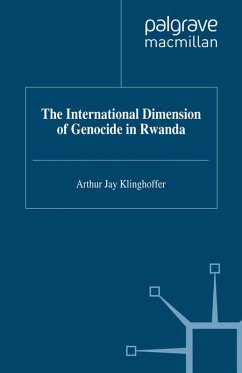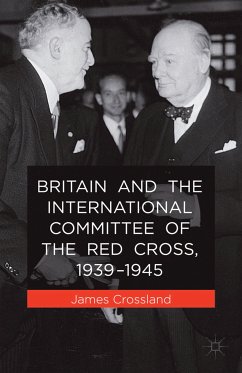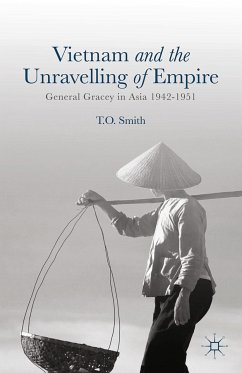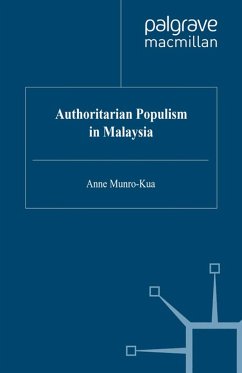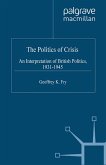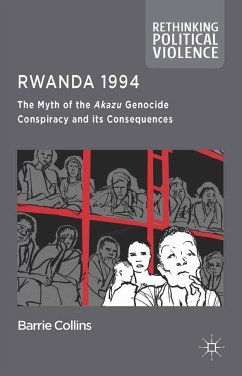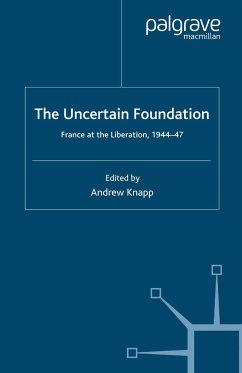Dieser Download kann aus rechtlichen Gründen nur mit Rechnungsadresse in A, B, BG, CY, CZ, D, DK, EW, E, FIN, F, GR, HR, H, IRL, I, LT, L, LR, M, NL, PL, P, R, S, SLO, SK ausgeliefert werden.
'A thoroughly researched and documented account of the breakdown of international machinery in the face of state-sponsored lawlessness. The world said `Never again' to genocide after World War II, but this book demonstrates that it has done little to fulfil its vow. Understanding the Rwandan case, as delineated by Klinghoffer, may be the first step to implementing a system of enforcement of the convention against genocide.' - Robert Mortimer
'This is an invaluable and an excellent contribution to the understanding of African Politics, in the context of the tensions and contradictions arising from ethnic conflicts in post-colonial Africa. More than that, it also involves comparative analyses of allegations and incidents of genocide, not only in Africa but also in Europe and other parts of the world. This book is, therefore, also highly recommended to students of international law, international criminal law, and international human rights. It is thoroughly researched, extremely well-written and appropriately documented. The author combines clarity and felicity of style to produce an excellent book which will for long be cited as a treasure trove of facts and information on genocide generally and the Rwandan and African tragedy in particular.' - Professor Kodjo Paaka Kludze, Professor of African and International Law, Rutgers School of Law
'This is essential reading for anyone trying to understand the complexities of the genocide in Rwanda. As well as presenting a comprehensive historical analysis ofthe concept of genocide, it takes a detailed look at the involvement of all the different actors in Rwanda, and the reaction of the international community to this appalling event.' - Alain Destexhe, President of the International Crisis Group and former Secretary-General, Crisis without Borders

